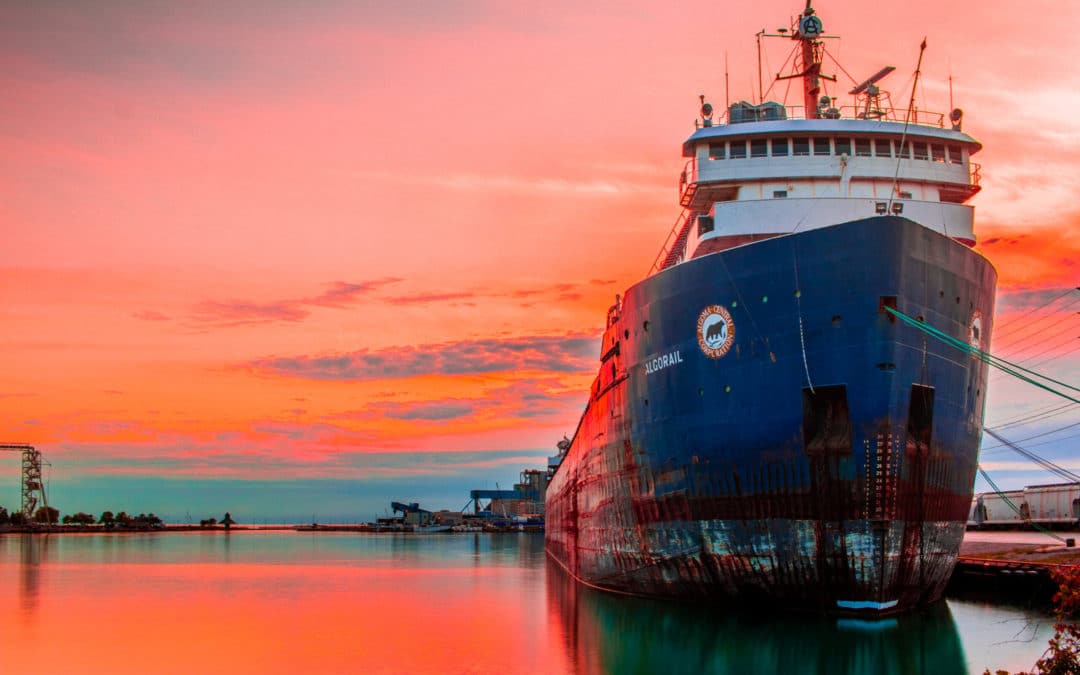The settlement of marine species on ships’ hulls results in economic penalties and may cause environmental damage. The accumulation of biofouling leads to increased hull roughness, which has a direct impact on fuel consumption and consequently the emission of air pollutants from ships. It also leads to an increased risk of translocating non-native, potentially invasive species. By Safinah Group’s Team
The most significant financial penalty for the shipping industry is the increase in fuel consumption due to the adverse effects on hydrodynamic performance. Additional maintenance costs arise from biofouling growth in seawater intakes, heat exchangers and other system components. Hull fouling affects the overall ship energy efficiency and therefore ship owners’ ability to meet their carbon footprint reduction goals.
Read more in the latest issue of PCE-International

